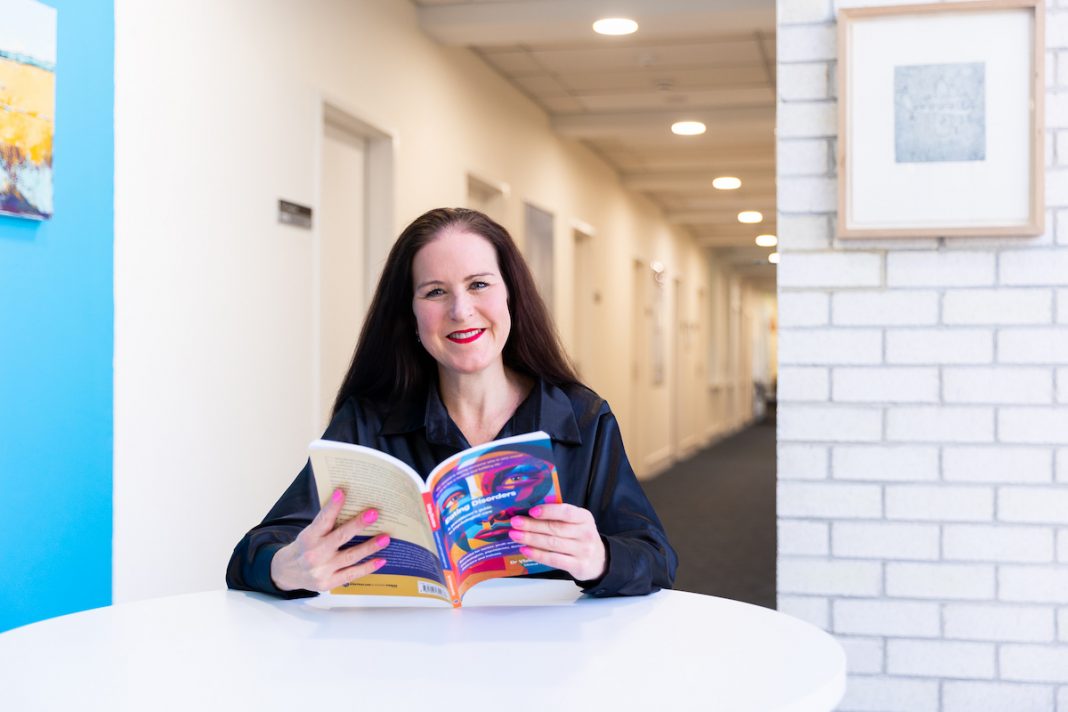When it comes to eating disorder recovery, stigma and shame are barriers to help-seeking behaviour. Sadly, studies show that 75 per cent of people with an eating disorder do not seek professional help.
Throughout her decades-long career, local clinical psychologist and noted eating disorder specialist, Dr Vivienne Lewis has written multiple books for those who struggle with an eating disorder.
Her latest work, Eating Disorders, A Practitioner’s Guide to Psychological Care, is instead aimed at the health professionals who may treat them.
“Eating disorders involve complex psychological processes linked to self-worth that may challenge many mental health and allied practitioners, no matter how experienced,” says Dr Lewis.
“It is a topic little taught in clinical practice, and much of the information on the subject can seem contradictory or even inaccurate.”
The book layers latest evidence with real-life stories from Dr Lewis’s clients to break down difficult concepts within a field that is often misunderstood.
Dr Lewis was inspired by testaments from her clients over the years on what works, and what doesn’t, when working with healthcare practitioners.
“It aims to reduce the stigma that’s associated with people with eating disorders, to demystify the myths around who develops one, and what that looks like,” she says.
Myth #1: eating disorders are female disorders
More than one third (37 per cent) of people with eating disorders in Australia are male. “This is not just a disorder that’s seen in teenage girls,” says Dr Lewis.
“People of all ages and genders can experience an eating disorder.”
Myth #2: People with eating disorders are difficult to work with
“Most are quite motivated to get better, and to respond to treatment,” says Dr Lewis. “But most people don’t know where to go to get help.
“It is vital when working with such a client to have a solid understanding of what helps people improve their relationship with food and feel good about their bodies and themselves,” she says.
“One of the biggest rewards for practitioners working with someone with an eating disorder is seeing someone who is very unwell go on to live a healthy and fulfilling life.”
Eating Disorders, A Practitioner’s Guide to Psychological Care is available at australianacademicpress.com.au. It is written for all health professionals including psychologists, counsellors, nurses, youth workers, psychiatrists, doctors, dieticians and trainees.
Get local, national and world news, plus sport, entertainment, lifestyle, competitions and more delivered straight to your inbox with the Canberra Daily Daily Newsletter. Sign up here.



